News
FULL LIST: 63 items exempted from VAT under new fiscal reforms by Tinubu
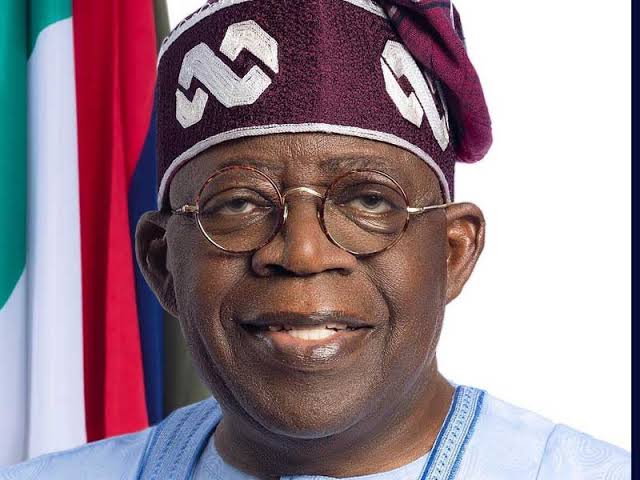
The Federal Government has announced the exemption of 63 items from Value-Added Tax (VAT), as part of its latest fiscal reforms.
This was revealed by the Chairman of the Presidential Committee on Fiscal Policy and Tax Reforms, Taiwo Oyedele, via a post on X (formerly Twitter) on Friday.
The exemptions are outlined in the official ‘Value Added Tax (Modification) Order, 2024,’ dated September 3, 2024.
The announcement follows the recent introduction of fiscal concessions aimed at revitalising Nigeria’s oil and gas sector, as disclosed by the Finance Minister and Coordinating Minister of the Economy, Wale Edun.
The two key incentives unveiled include the VAT modification order and tax reliefs for deep offshore oil and gas production, as per the Oil and Gas Companies (Tax Incentives, Exemption, Remission, etc.) Order 2024.
Additionally, the official gazette specifies that the provisions concerning Automotive Gas Oil (AGO) are retroactive, taking effect from October 1, 2023.
Earlier, our heritage reporter reported that President Bola Tinubu may bar revenue-generating agencies from collecting revenues on behalf of the Federal Government as he plans to introduce a single agency—the Nigeria Revenue Service—to handle the task.
This came as the Federal Government instituted a comprehensive set of fresh tax reforms aimed at significantly boosting revenue collection.
In September 2024, FEC approved economic stabilisation bills and proposed 10 changes to spur economic growth.
Here is a full list of the items exempted from VAT:
CNG/LPG Dual Fuel Vehicles
Dedicated LPG Vehicles and CNG/LPG Dual Fuel Vehicles
Parts, and semi-knocked down units (for assembly) of CNG and LPG buses.
Parts, and semi-knocked down units (for assembly) of Electric Vehicle
Electric Vehicles
Electric Vehicles Battery
Electric Vehicles Charging System
Electric Vehicle Solar Charging System
LPG/CNG Conversion Kits
CNG Cylinders
CNG Cascades
CNG Dispensers
Gas Generators
CNG Trucks (Bobtails and Bridgers; fixed axle and semi-trailers
Steel Pipes
Steel Valves & Fittings
SS Tubes & Fittings
Storage Tanks (all sizes)
Regulators
CNG Pumps and Compressors (all types)
Steel
Pressure Relief Valves
Hydraulic press/Rolling machine
Heat Treatment Equipment
Liquid Level Guage
Pumping Housing and Motors
Regulator Body
Pressure Guage
Truck Chassis
Metering and Measuring Equipment (including weighbridges, and filling scales)
Dispensing equipment (dispensing scales, nozzles, gas filling systems)
Safety Features (emergency shutoff valves, pressure relief valves, excess flow valves, breakaway couplings, quick release couplings)
Gas water heaters
Gas burners for industry
Gas boilers
Gas washing machines and dryers (launderettes) Household or laundry-type washing machines, including machines which both wash and dry.
CNG, LPG and Cyrogenic Hoses Tubes, pipes and hoses, and fittings thereof (for example, joints, elbows, flanges) of plastics.
CNG truck heads
Gas Leak Detectors
Gas air conditioners
Cylinder refurbishment equipment
Blending skid/unit
Odourizing unit
Chromatography unit (GC)
LNG Liquefying Equipment, Heat Exchangers, LNG Vapourizers, Regasification
Plant, Liquefied CNG Compression Terminals
LNG Plant, Machinery, Pumps, Compressors, Filters (Including Gas Filters),
Weighing Machines, Valves Equipment
Cyrogenic Storage Tanks, Liquefied CNG Conversion tanks
Pipes, Piping Fittings, and Flanges used for Liquefied Natural Gas processing
Electrical Equipment, including Cables for Liquefied Natural Gas processing
Steel Plates, Angles, and Bars for Liquefied Natural Gas Processing
LNG Related Chemicals
Biogas Digester
Biogas Compressor
De-sulphurization units
Dryer
Distillation columns for processing biofuels
Bio-ethanol refinery equipment
Fermentation Tanks
Biofuel-related Chemicals, Enzymes and Reagents
Liquefied Petroleum Gas
Compressed Natural Gas
Feed Gas
Automotive gas oil
News
Just in: Tinubu meets with PANDEF leaders at Aso Rock
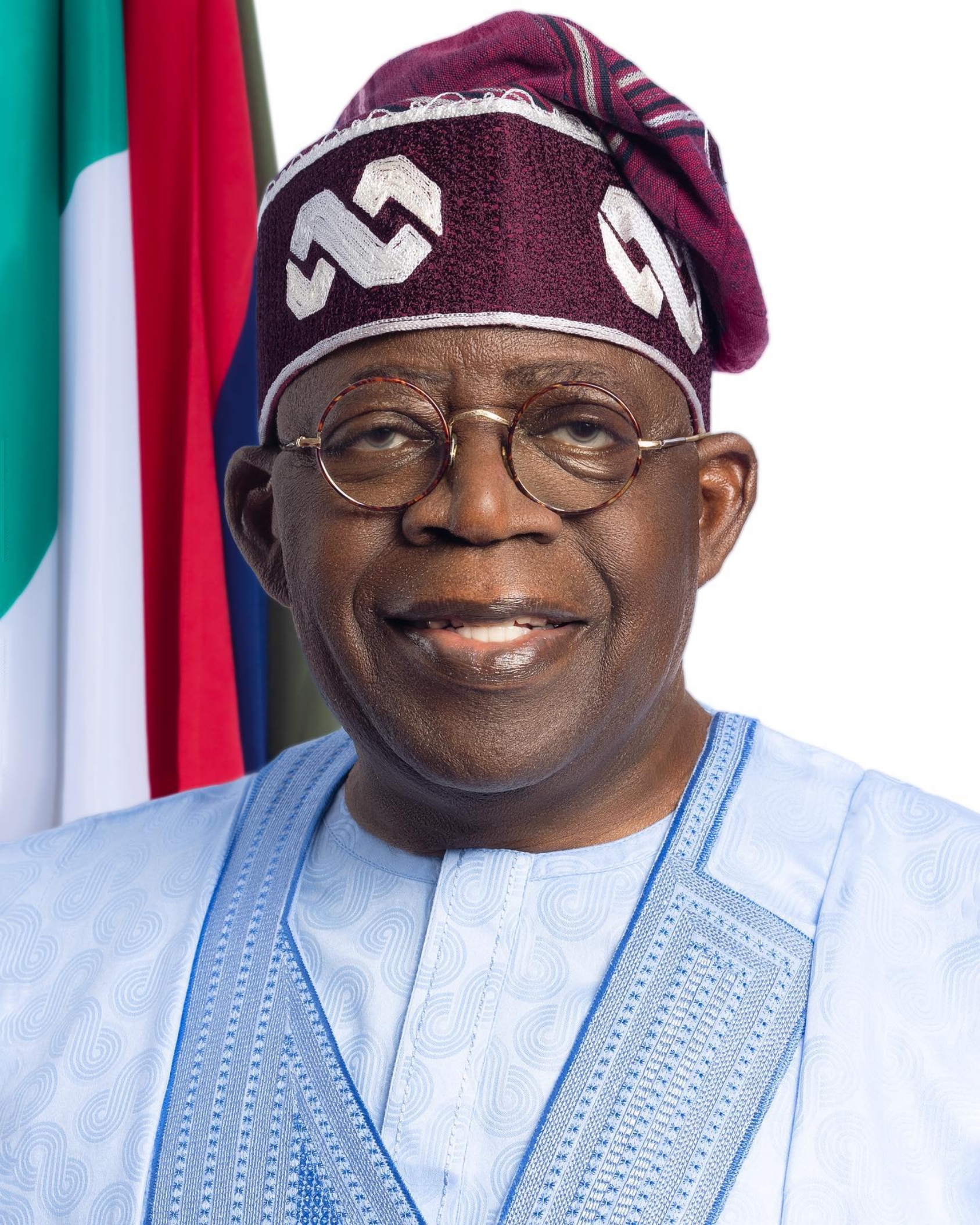
By Kayode Sanni-Arewa
President Bola Tinubu is currently meeting with leaders of the Pan Niger Delta Forum (PANDEF) at the Council Chamber of the State House, Abuja.
The meeting, which began at 4:15pm with the arrival of President Tinubu is expected to discuss varying issues considered to be critical to the interest of the oil-rich Niger Delta region.
Convened by the late elder statesman, Chief Edwin Clark, who passed away in February, PANDEF is the mouthpiece of the traditional rulers, leaders and stakeholders of the coastal states of the Niger Delta.
Just as the meeting commenced after the National Anthem had been sung, President Tinubu requested that a minute of silence be observed in memory of Chief Clark.
PANDEF, which is attending the meeting with a large entourage, has former governors, senior politicians, traditional rulers, and other categories of stakeholders in attendance.
Among those at the meeting on PANDEF’s entourage are King Alfred Diete-Spiff, Chairman, Board of Trustees of PANDEF; Obong Victor Attah, Co-Chairman, Board of Trustees of PANDEF; Ambassador Godknows Igali, National Chairman of PANDEF; Senator Seriake Dickson; Professor Mike Ozakhome; former Cross River State governor, Mr Liyel Imoke; former Rivers Deputy Governor, Tele Ikuru; former Managing Director of the Niger Delta Development Commission, Timi Alaibe.
Others are Jaja of Opobo, Professor Dandeson Jaja; Senator Ita Enang; Senator Bassey Henshaw; Mrs Ibim Semenitari, former acting Managing Director of the NDDC; Uche Secondus; Senator Andrew Uchendu; National Coordinator of Host Communities of Nigeria, HOSTCOM, Okareme Maikpobi; Niger Delta activist, Ms Ann-Kio Briggs; spokesman of PANDEF, Chief Obiwevbi Ominimini.
Also attending are the Minister of Aviation and Aerospace Development, Festus Keyamo; Minister of State for Petroleum (Oil), Senator Heineken Lokpobiri; Special Adviser to the President on Information and Strategy,Bayo Onanuga; Special Adviser on Media and Public Communications, Sunday Dare; and other aides of the President.
Details shortly…
News
BREAKING: Heavy traffic as tanker explodes on Otedola Bridge
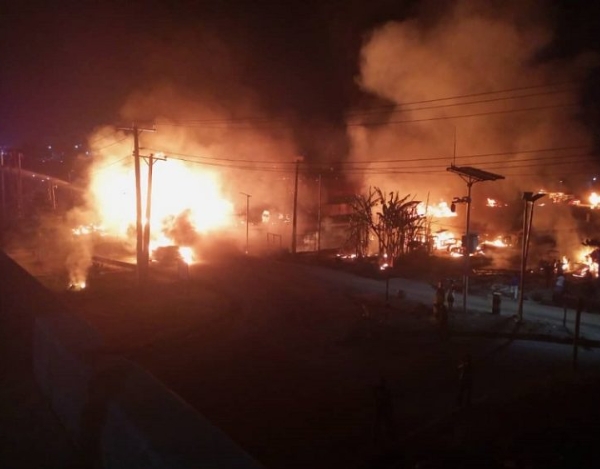
By Kayode Sanni-Arewa
A tanker exploded on Tuesday evening on Otedola Bridge along Lagos/Ibadan Expressway, causing heavy traffic and panic on the route.
It was gathered that the incident has resulted in traffic congestion on both lanes of the Lagos/Ibadan Expressway.
The explosion, according to eyewitnesses, occurred around 8 p.m which ignited a fire spreading rapidly.
Reacting, the Permanent Secretary of the Lagos State Emergency Management Agency (LASEMA), Dr. Femi Oke-Osanyintolu, confirmed that LASEMA’s Tiger Response Team is on the scene working to bring the situation under control.
Details shortly….
News
Bill To Establish Federal College of Entrepreneurship Ntigha Pass Second Reading

-
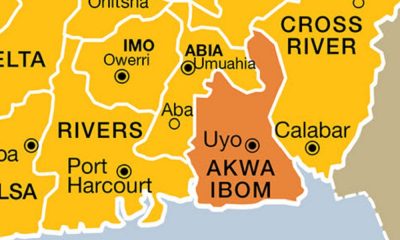
 Metro21 hours ago
Metro21 hours agoSAD! RCCG pastor allegedly machetes wife to death over infidelity
-

 News21 hours ago
News21 hours agoConfusion as Obasa suddenly changes counsel in Lagos Assembly case
-
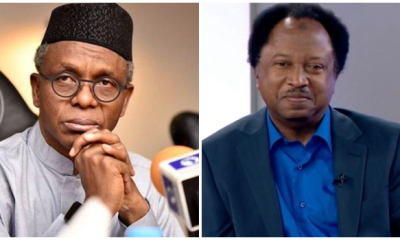
 News17 hours ago
News17 hours agoEl-Rufai Was A Political Liability, His Defection Of No Relevance- Shehu Sani
-
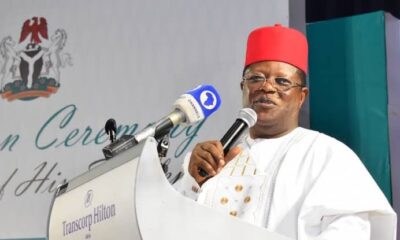
 News20 hours ago
News20 hours agoFG announces April deadline for completion of East-West Road
-
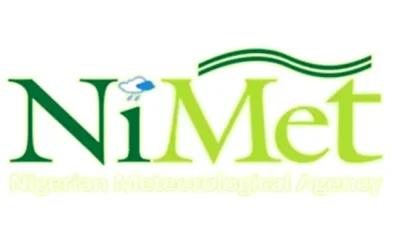
 News20 hours ago
News20 hours agoReasons behind extreme heat conditions in FCT, Niger, Kogi – NiMet
-

 Politics10 hours ago
Politics10 hours agoEl-Rufai: Mass defection from APC Looming
-

 News6 hours ago
News6 hours ago‘We Gave You Enough Time,’ Wike Orders Residents To Evacuate From Right Of Way
-
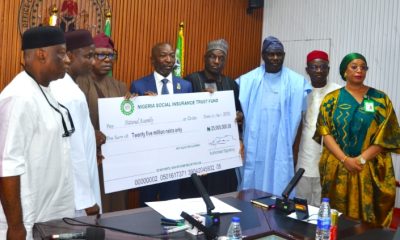
 News4 hours ago
News4 hours agoNSITF vows prompt payment of compensation, presents cheque to National Assembly staff






